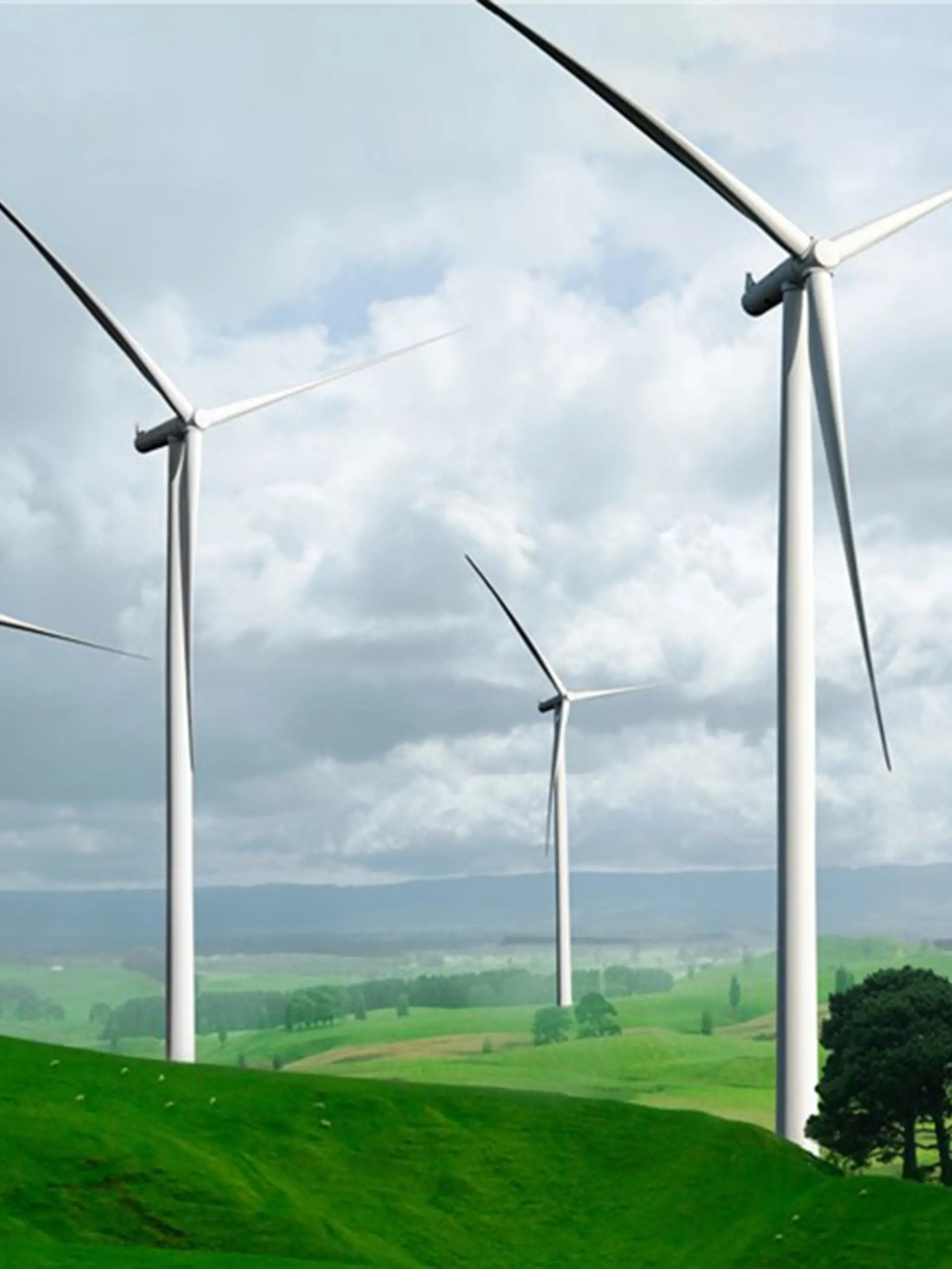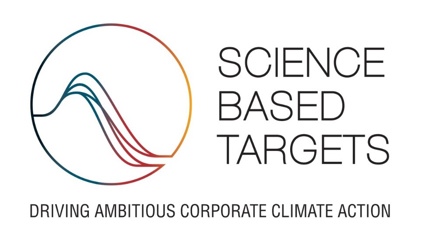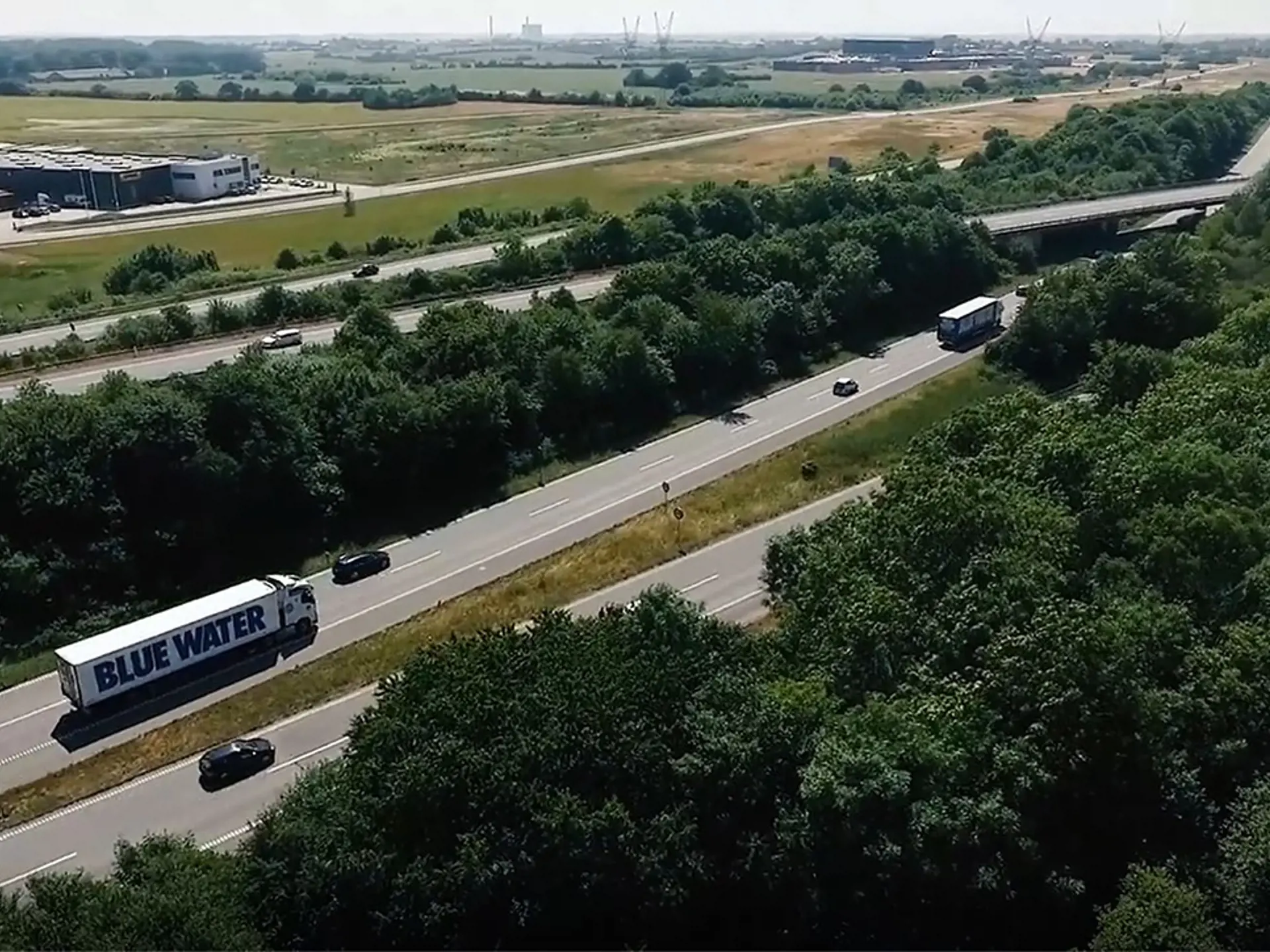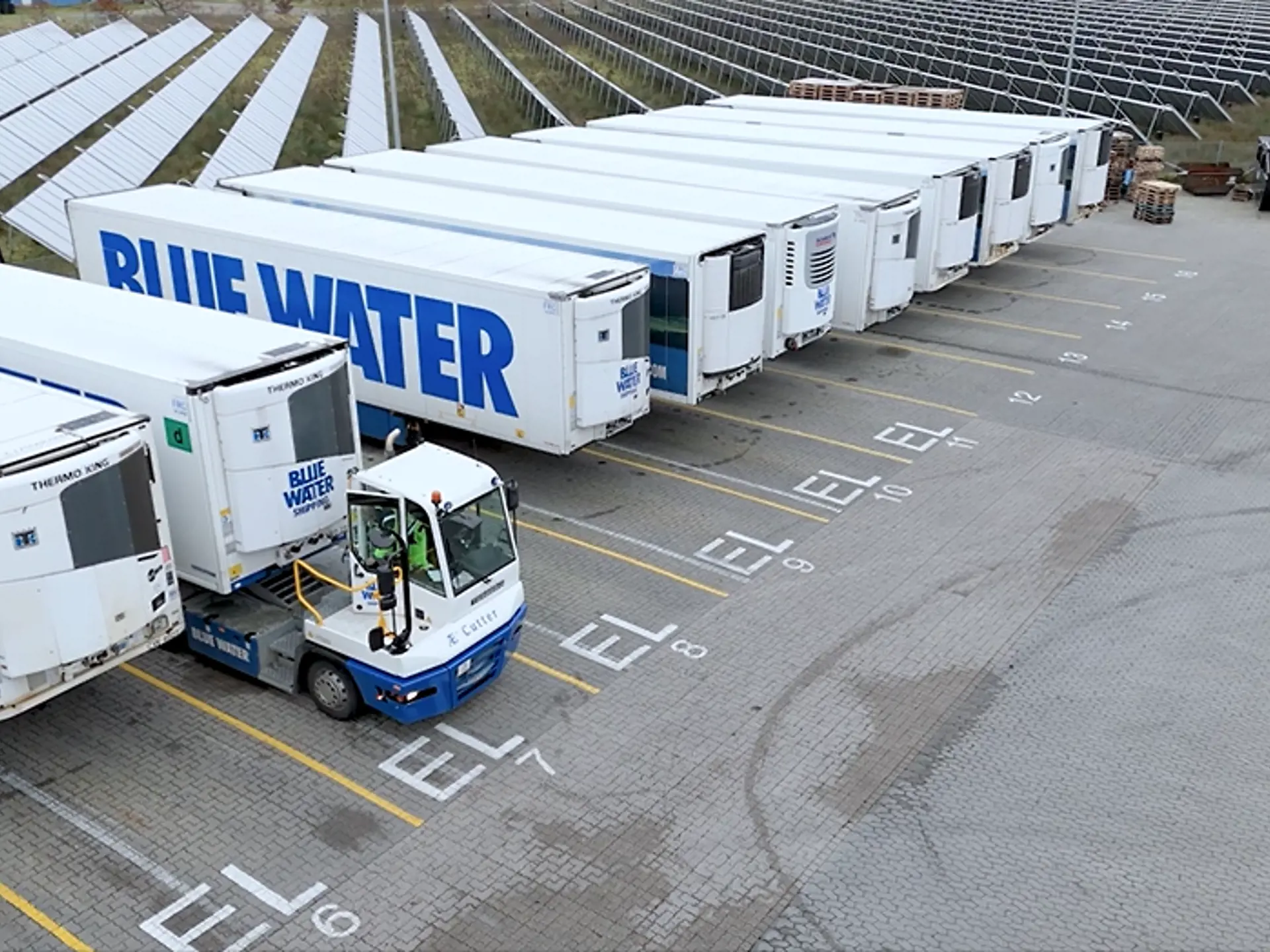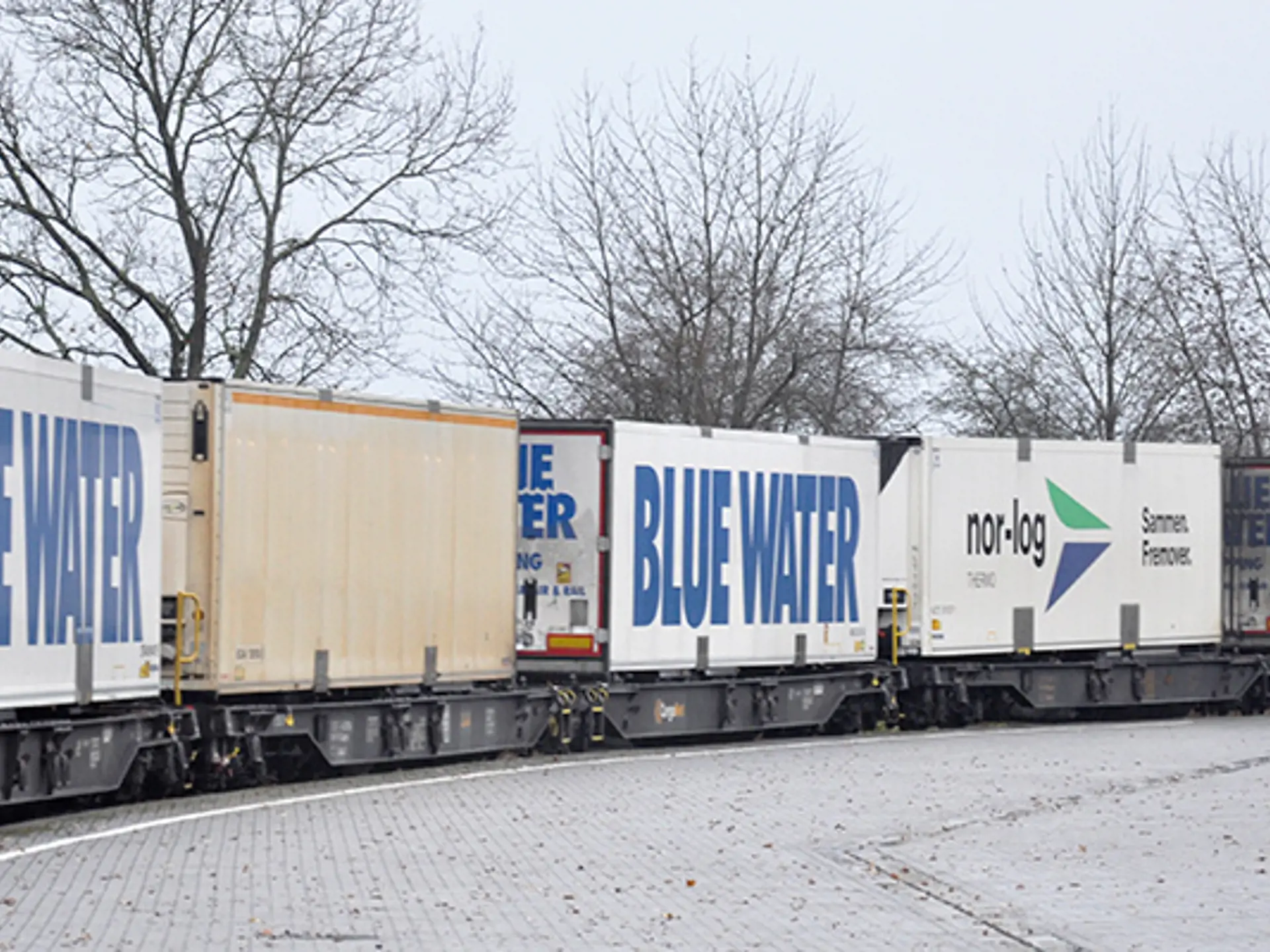Reducing our own carbon footprint is a journey beginning with understanding, measuring and reporting our CO2 emissions through our whole supply chain. During the last few years, we have been working intensively on our carbon accounting and the standardisation of our data collection protocols. Our goal is to get a thorough understanding of our baseline and the scenarios for our future emissions. Based on this, we will formulate an emissions reduction target and initiate actions to minimise our carbon footprint. The journey has already begun.
Along the way, we are aiming to continuously increase the accuracy of our carbon data, so that we can better make informed decisions based on facts that can guide our emissions reduction initiatives and help us monitor our performance against our objectives.
Communicating our carbon impact
We believe that transparency about carbon impact can accelerate progress in decarbonisation regardless of sector or industry. Also, it is imperative for us to give our stakeholders the information they need to make sustainable choices.
Every year, we communicate our carbon accounting, our targets and our achievements in becoming a more responsible transport and logistics company. Communication on progress is showcased in our annual Sustainability Statement.

